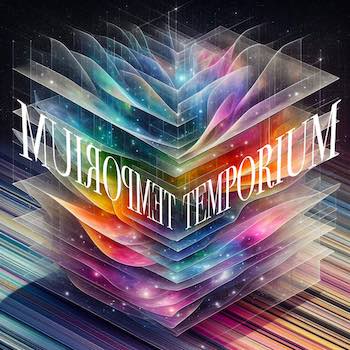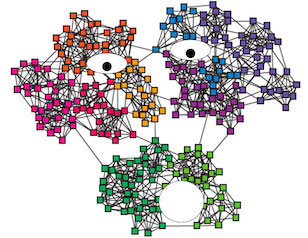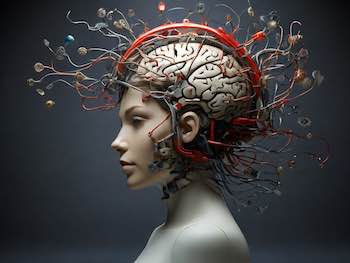1000 brains gathered to vote, it’s you!
Cardinal principles from ‘1000 Brains’ by Jeff Hawkins: 1. Modular brain: The brain is not a monolithic entity but composed of countless modules that function independently. 2. Functional uniformity of the neocortex: The modules are the columns of the neocortex. They are versatile and deal with reasoning as well as perception or language.3. Repositories: Repositories … Read more










